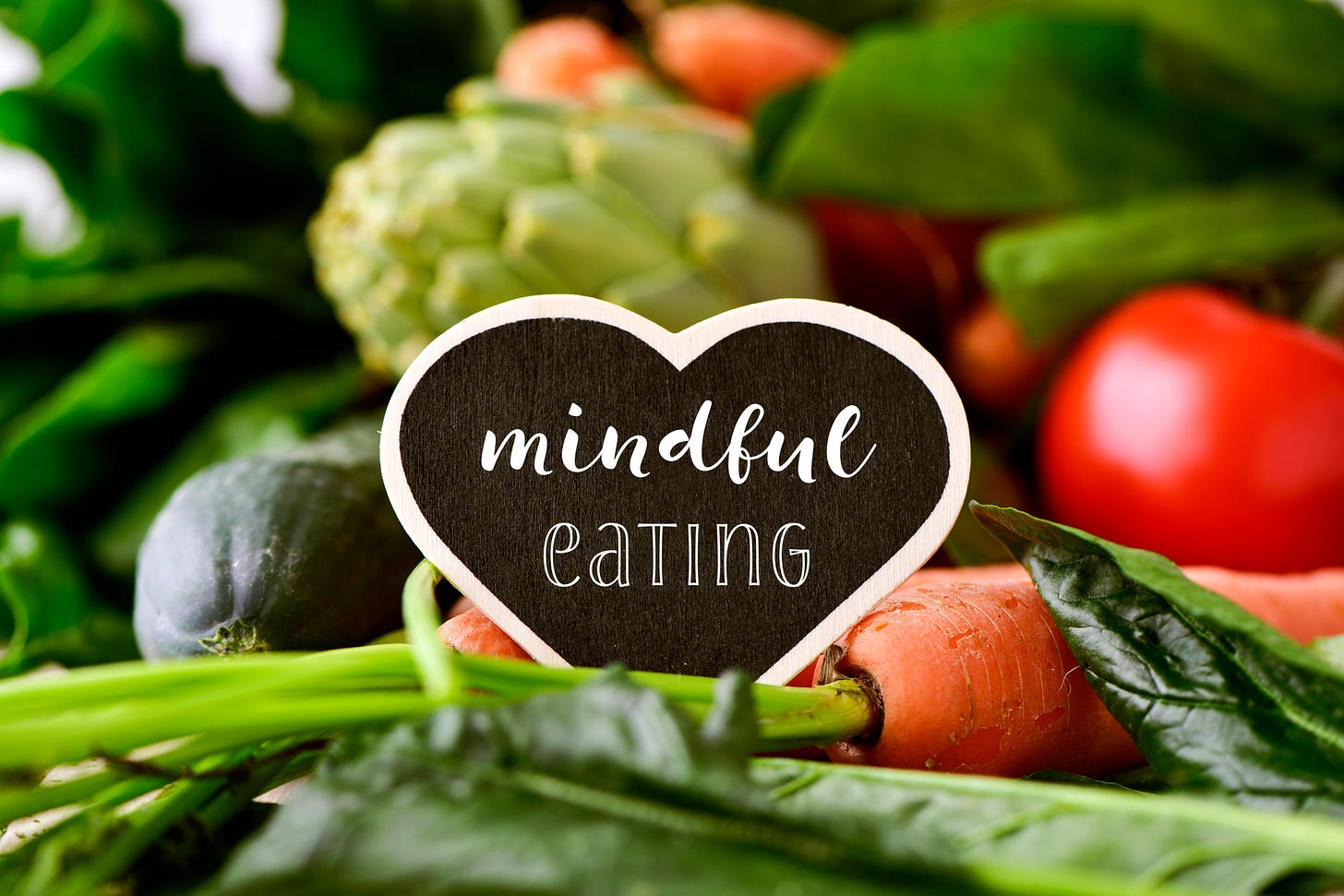Understanding the Differences: Vegan vs. Vegetarian Diets and Their Health Impacts
Lifestyles & Ethics

In recent years, the global conversation around food choices has shifted dramatically, with an increasing focus on vegetarian and vegan diets. This shift is driven not only by potential health benefits and environmental sustainability but also by profound ethical concerns, such as animal welfare and reducing carbon footprints.
‘‘This article explores the differences between vegan and vegetarian diets, emphasizing veganism's superior ethical and moral stance against animal exploitation. It reviews the 2023 study on health benefits, nutritional adequacy, and environmental impacts, underscoring veganism's role in promoting sustainability and better health outcomes.’’
A comprehensive review conducted in 2023 sheds light on the health effects associated with vegetarian and vegan diets, drawing from various research studies to provide a clearer picture of these dietary impacts, including disease prevention and nutritional adequacy. Furthermore, these diets are increasingly recognized for their role in mitigating climate change by reducing greenhouse gas emissions associated with animal agriculture, making them both a health-conscious and environmentally responsible choice. This article explores the differences between vegan and vegetarian diets, emphasizing veganism's superior ethical and moral stance against animal exploitation. It reviews the 2023 study on health benefits, nutritional adequacy, and environmental impacts, underscoring veganism's role in promoting sustainability and better health outcomes.
Defining Vegan and Vegetarian Diets
Before delving into the health effects, it's crucial to establish what distinguishes vegan diets from vegetarian diets. At its core, vegetarianism involves abstaining from the consumption of meat, poultry, and fish. However, vegetarians often consume dairy products and eggs, which means that they still rely on animal products. This practice has led some critics to argue that vegetarianism is a form of "carnism"—a belief system that supports the exploitation of animals for food.
Veganism, on the other hand, represents a more stringent ethical commitment by eliminating all animal products from the diet. This includes not only meat but also any products derived from animals, such as dairy, eggs, and often honey. Vegans also tend to avoid using products made from animals, such as leather and wool, reflecting a comprehensive ethical commitment that influences various aspects of lifestyle choices beyond just diet. This holistic approach to minimizing animal exploitation underscores the moral superiority of veganism compared to vegetarianism.
Health Impacts of Vegan and Vegetarian Diets
The 2023 review of studies has provided a detailed examination of the health outcomes associated with both vegan and vegetarian diets. The research incorporates findings from epidemiological studies and controlled trials, offering insights into the long-term health effects and the direct impacts observable in controlled environments.
Nutritional Considerations
Both diets, when well-planned, are found to be nutritionally adequate and may provide health benefits in the prevention and treatment of certain diseases. Vegetarians and vegans typically have a higher intake of vital nutrients such as fiber, antioxidants, and phytochemicals, which are instrumental in combating oxidative stress and inflammation. However, they may also need to be mindful of obtaining adequate levels of vitamins and minerals such as vitamin B12, vitamin D, omega-3 fatty acids, iron, and calcium, which are commonly found in animal products.
Health Benefits
Studies included in the review highlight that both vegetarians and vegans tend to have a lower body mass index (BMI), reduced cholesterol levels, and lower blood pressure, contributing to a lower risk of cardiovascular diseases. Vegan diets, in particular, are associated with lower risks of heart disease, hypertension, type 2 diabetes, and certain types of cancer. These benefits further emphasize the ethical advantage of veganism, as it not only avoids the exploitation of animals but also promotes superior health outcomes.
Potential Risks and Considerations
However, the review also notes potential health risks if these diets are not properly planned. There can be a higher incidence of nutritional deficiencies if key vitamins and minerals are not sufficiently accounted for through diet or supplements. Moreover, some studies suggest that vegans might be at a higher risk for bone fractures if their intake of calcium and vitamin D is inadequate. Despite these risks, with careful planning, a vegan diet can be both nutritionally complete and ethically superior.
Conclusion
The 2023 review elucidates that both vegetarian and vegan diets can offer significant health benefits, provided they are well-structured to meet nutritional needs. However, the ethical commitment of veganism offers a more comprehensive approach to minimizing animal exploitation and cruelty. While both diets are aligned with a healthier lifestyle, veganism stands out as a morally superior choice that aligns health benefits with ethical imperatives. This insight not only helps individuals make informed dietary choices but also supports public health initiatives aimed at promoting sustainable, healthy, and ethically sound eating patterns globally.
Sources:
Here are three sources that provide insights into the health benefits and ethical considerations of vegan and vegetarian diets:
Harvard T.H. Chan School of Public Health: This source offers comprehensive information on the health benefits of plant-based diets, including vegan and vegetarian options.
National Institutes of Health (NIH): The NIH provides detailed research findings on the nutritional aspects and health impacts of vegan and vegetarian diets.
Academy of Nutrition and Dietetics: This source discusses the nutritional considerations and health benefits of vegetarian and vegan diets, supported by scientific studies.
Academy of Nutrition and Dietetics - Vegetarian Diets

